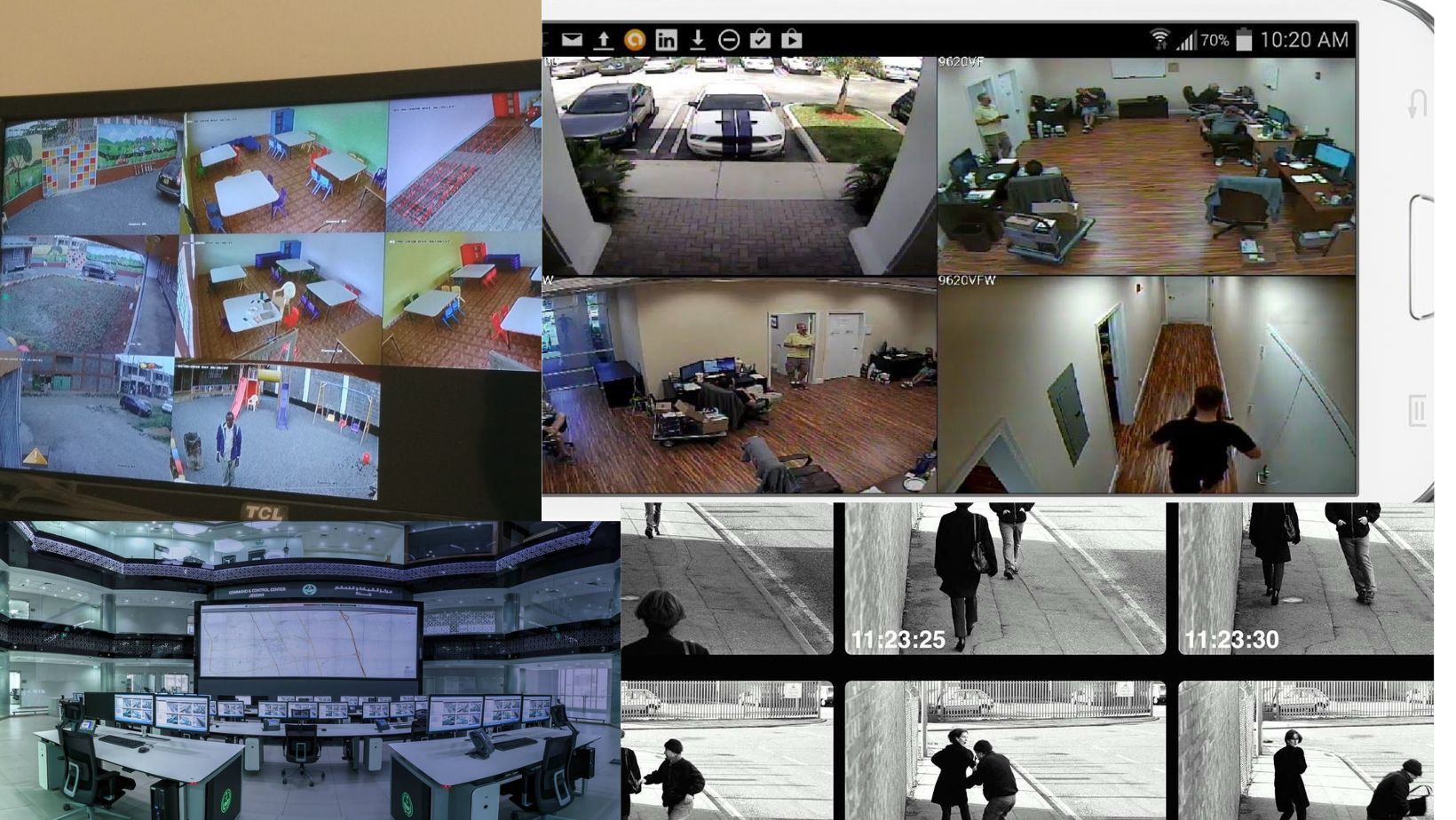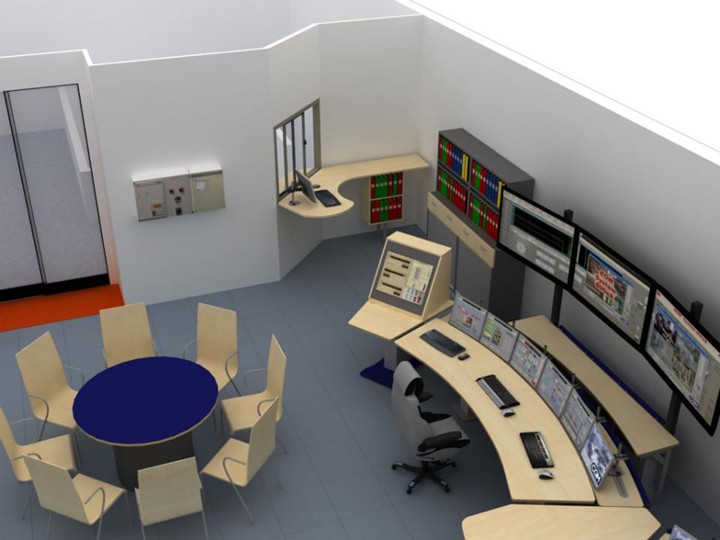LEARN THAT EXTRA SKILL. USE IT!!
Skills that sell . Results that are dependent on your effort.

- This event has passed.
CCTV Control Room Operation, Monitoring & Management- Jun’24
June 17 @ 09:00 - June 28 @ 16:30 EAT
USD300|
REQUIREMENTS TO JOIN OUR SECURITY INSTALLATION COURSES AS A TRAINEE: 1. You don’t need any specific qualifications to start as a trainee, although employers may expect you to have KCSE (A-D-), or similar qualifications, in English, Math and at least one 2. Full Fee payment before joining any scheduled program/ course 3. Ability to attend and participate actively in all our tuition and practical sessions. Science subject, or a technical subject. Previous experience in electrical or electronics work could be helpful when looking for work. |
Location: Kenvision Techniks Workshops
Introduction
 CCTV system operators are the link between the system technology and its effective use. An operator’s performance will largely determine the level of service provided by the system. The operators of public area CCTV systems are fast becoming integral players in town center management, crime prevention, incident scene management, and investigation teams. Appropriate selection and recruitment practices teamed with targeted training, are needed to ensure that operators are proficient at their job: maximizing system effectiveness and limiting its misuse. Targeted training will not only improve the quality of service provided but will also increase staff satisfaction and may help to reduce absenteeism and staff turnover.
CCTV system operators are the link between the system technology and its effective use. An operator’s performance will largely determine the level of service provided by the system. The operators of public area CCTV systems are fast becoming integral players in town center management, crime prevention, incident scene management, and investigation teams. Appropriate selection and recruitment practices teamed with targeted training, are needed to ensure that operators are proficient at their job: maximizing system effectiveness and limiting its misuse. Targeted training will not only improve the quality of service provided but will also increase staff satisfaction and may help to reduce absenteeism and staff turnover.
If your work involves pro-actively monitor the activities of members of public in public areas or on private property,
using cameras to focus on the activities of particular people either by controlling or directing cameras at an individual’s activities,
planing to work in an environment where use of recorded CCTV images to identify individuals or to investigate their activities is the main occupation;

Then you ought to have the right skills to competently work in such environments and carry out the required tasks.
Course objectives
- To introduce the learners to their roles and responsibilities within the CCTV Control Room Environment
- To Develop the Learner’s understanding of the importance of the Codes of Practice, Operational Procedures and Guidelines
- To familiarize the Learner with CCTV equipment and its operation
- To develop the learner’s understanding of Non-CCTV equipment operations within the CCTV Control Room environment
- To familiarize the learners with the appropriate legislation that has an impact upon their operational activities
- To develop the student’s understanding of different types of incidents and how to deal with them
- To develop the student’s understanding of dealing with incidents
- To develop the learner’s understanding of surveillance techniques
The CCTV Operator & Control Room Management covers among many other areas the following:
- CCTV equipment and its operation
- Surveillance Legislation, and techniques
- Body Language skills
- Call handling standards and techniques, difficult callers, and active listening
- Hostility recognizance
- Audit trails and vital documentation

